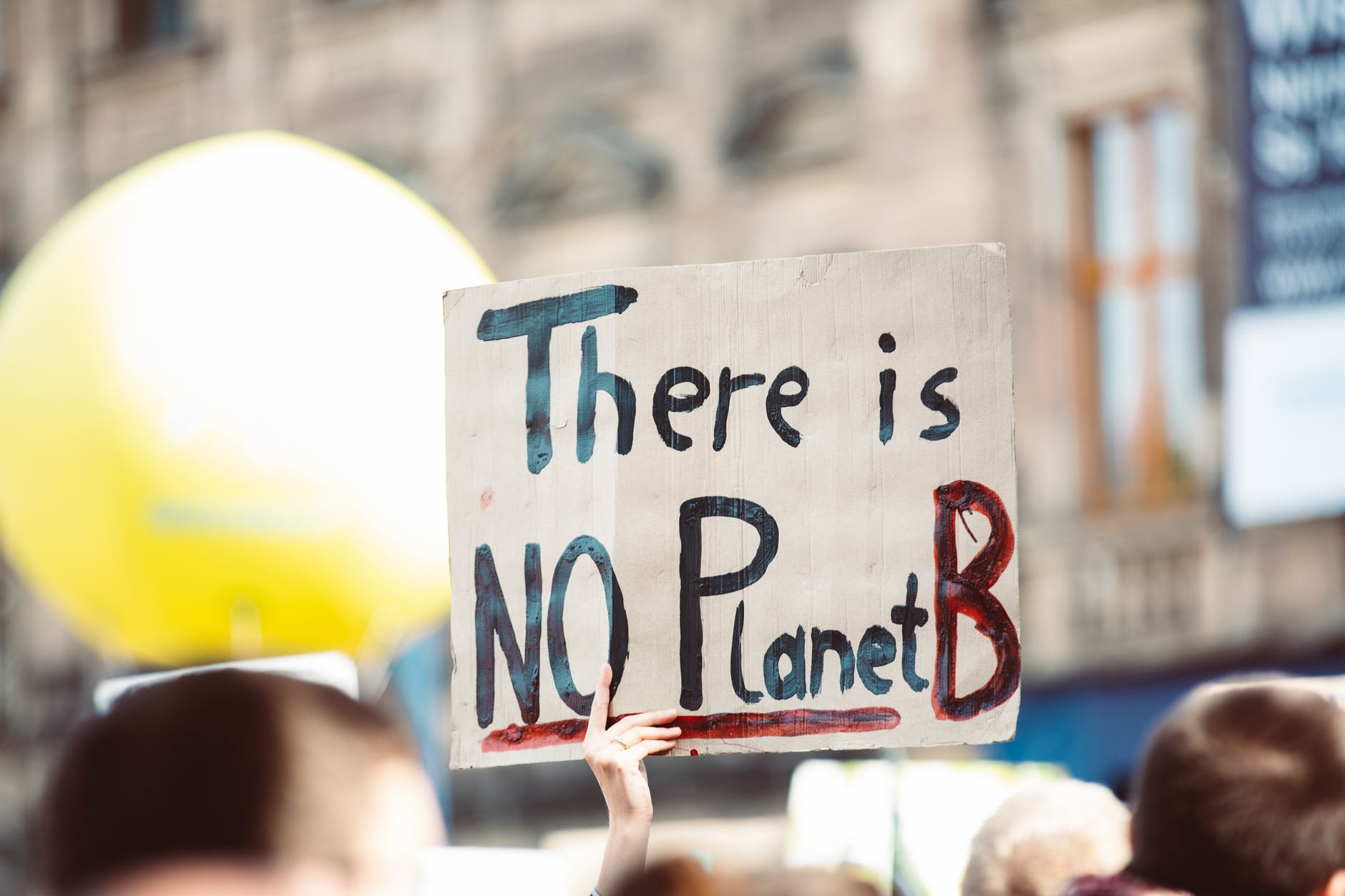Global direct government expenditures in agriculture, fishing, and fossil fuels equivalent to Mexico’s economy, undermining climate action and harming people and the planet.
In a damning report titled “Detox Development: Repurposing Environmentally Harmful Subsidies,” the World Bank has shed light on the staggering waste of trillions of dollars in subsidies for agriculture, fishing, and fossil fuels. These funds, which could have been instrumental in combating climate change and fostering sustainable development, are instead causing harm to both people and the planet.
The report discloses that global direct government expenditures in these sectors amount to a whopping $1.25 trillion annually—equivalent to the size of a major economy like Mexico. Shockingly, countries spend approximately six times more on subsidizing fossil fuel consumption than what they pledged to mobilize each year under the Paris Agreement for renewable energies and low-carbon development.
Axel van Trotsenburg, Senior Managing Director of the World Bank, expressed frustration over the misallocation of resources, stating, “People say that there isn’t money for climate, but there is—it’s just in the wrong places. If we could repurpose the trillions of dollars being spent on wasteful subsidies and put these to better, greener uses, we could together address many of the planet’s most pressing challenges.”
The report highlights that in 2021 alone, government subsidies of $577 billion were allocated to artificially lower the prices of polluting fuels like oil, gas, and coal. This exacerbates climate change, leads to toxic air pollution, widens inequality, hampers efficiency, and burdens nations with mounting debt. However, redirecting these subsidies could unlock at least half a trillion dollars for more productive and sustainable endeavors.
The issue extends beyond direct government expenditures, as the report identifies implicit subsidies, which amount to a staggering $6 trillion annually. These hidden costs encompass the toll on human health and the environment resulting from pollution, greenhouse gas emissions, road congestion, and the destruction of nature caused by these subsidies.
Within the agriculture sector, direct subsidies exceeding $635 billion annually drive the excessive use of fertilizers, leading to soil and water degradation and posing risks to human health. Subsidies for commodities like soybeans, palm oil, and beef are major contributors to deforestation, causing 14 percent of forest loss each year.
The fishing industry, with subsidies surpassing $35 billion annually, faces significant challenges, including dwindling fish stocks, oversized fishing fleets, and declining profitability. Given that over 1 billion impoverished individuals depend on fish for their animal protein intake, it is crucial to restore fish stocks to a healthy state.
The burning of oil, gas, and coal not only perpetuates climate change but also results in 7 million premature deaths globally each year due to the harmful air quality it generates. Tragically, this burden disproportionately affects the most vulnerable populations.
Richard Damania, Chief Economist of the Sustainable Development Practice Group at the World Bank, emphasized the potential for repurposing subsidies to improve lives and secure the planet’s future. He acknowledged the challenges associated with implementing subsidy reforms, including entrenched interests, political dynamics, and other barriers but stressed the importance of compensating vulnerable groups through social assistance programs such as cash transfers.
To successfully reform subsidies, governments should focus on transparent communication to build public acceptance, provide sufficient time for individuals and businesses to adjust, and demonstrate how the freed-up revenue is reinvested to support long-term development goals.
The World Bank’s report serves as a wake-up call, urging policymakers, governments, and societies worldwide to reconsider the detrimental effects of subsidies on the environment, public health, and the global fight against climate change. By repurposing these wasted funds, nations have the opportunity to redirect resources towards sustainable and inclusive development, paving the way for a better future for all.


